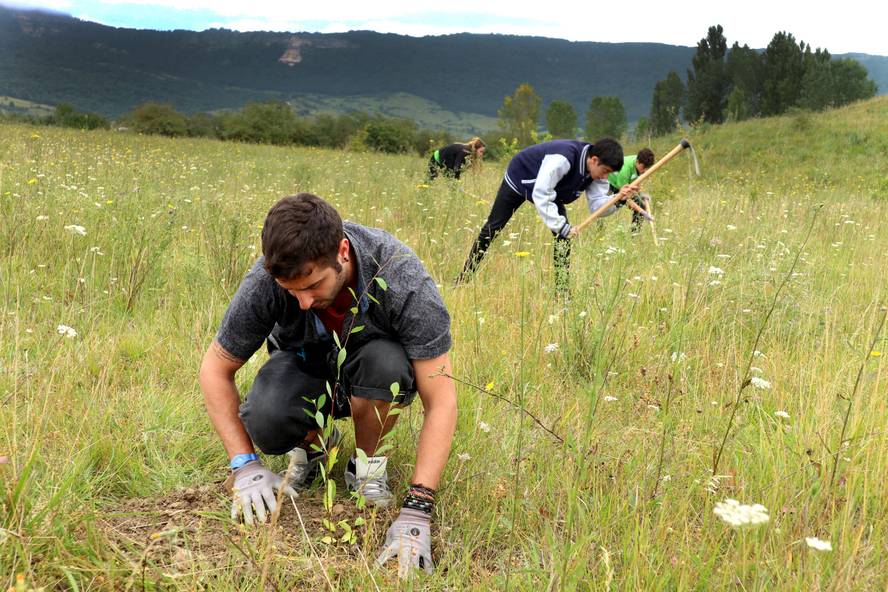Planting trees does not always manage to fix more carbon
Tree planting is one of the proposals often put on the table to combat climate change, as forests function as carbon sinks, fixing the carbon present in the atmosphere. However, the criteria used so far for the calculation of this effect of tree plantations could be wrong, according to a study published in the journal Nature Sustainability. The study concludes that planting trees does not always achieve more carbon.
In light of new data, the carbon binding capacity of tree plantations depends on the ecosystem and climate. This capacity may vary depending on the type of tree, the use the soil has historically had or the type of soil.
It has been proven that in low carbon soils, afforestation has led to an increase in carbon density. However, in soils with high carbon content, carbon density has decreased with tree planting. To reach this conclusion, 11,775 samples were used in the 619 lands of northern China.
The authors have explained that to date the effect of forests as carbon sinks has been calculated mainly based on tree biomass and carbon present in the soil. Therefore, they consider that the carbon storage capacity of forests has been overvalued and that in areas with high carbon content, it may be more efficient to allow their spontaneous recovery than planting trees.






